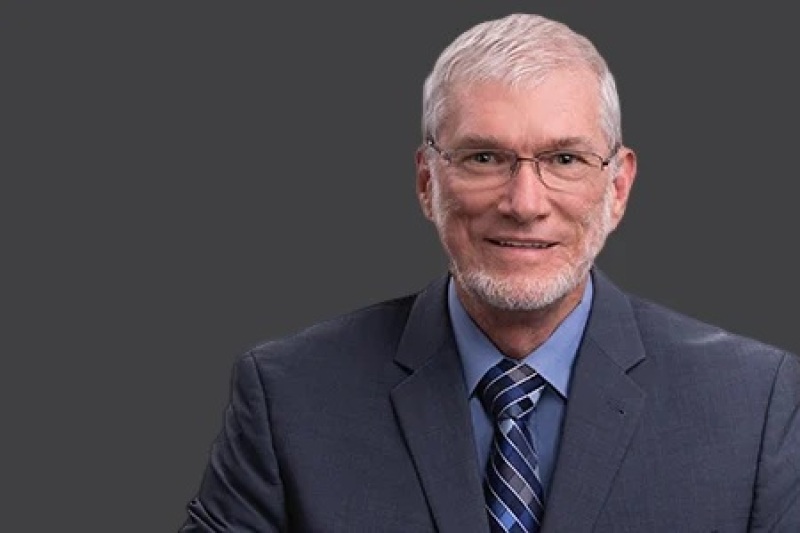
A Reverend from North Carolina promotes climate activism using God's Word, but long time Bible scholar and apologist Ken Ham just won't buy it.
Rev Scott Hardin-Nieri of the First Christian church in Black Mountain, North Carolina may have great intentions, but Ken Ham finds his premise problematic. First, he refutes Hardin-Nieri's extended and primarily wrong interpretation of Noah and the Great Flood.
"Noah's ark isn't a simple story of hope; it is principally a story about human suffering amid widespread ecological devastation," Hardin-Nieri claimed.
Ham, seeing the Scriptural error in the reverend's assertation, simply responded, "Nope! That's simply not true!"
"The account of the flood, as recorded in Genesis 6-9, is a record of God's long suffering in the face of man's wickedness, God's righteous judgment on a wicked world, and God's grace and salvation in providing a means for saving those who went through the one door of the Ark (a picture of Jesus) to be saved," he continued.
The apologist then quoted 1 Peter 3:20, which stated:
"Because they formerly did not obey, when God's patience waited in the days of Noah, while the ark was being prepared, in which a few, that is, eight persons, were brought safely through water."
Ham pointed out that clergymen like Hardin-Nieri would better use their time in "warning people of the spiritual catastrophe because of sin," than warning about "environmental catastrophes."
The apologist, of course, is not anti-earth care. He was just trying point out, per the recorded destruction of earth in the book of Revelation, that people of faith would do well to keep in eternity in mind.
"He needs to care about his and their salvation! It's obvious he is promoting a form of creation worship (really a type of pantheism) not the saving message of the gospel of Jesus Christ," he added.
What did the Reverend believe?
According to The Guardian, the Rev Scott Hardin-Nieri is quite fond of the story of Noah's ark.
"People look at that story fondly, because they focus on all the animals that were saved," the pastor explains.
However, for Hardin-Nieri, Noah's ark is not simply a tale of hope; it is, first and foremost, a story of human misery in the face of global ecological destruction -not as how the Bible put it: the righteous and patient God responding to man's wickedness.
"We forget how many people were killed in this apocalyptic world where the environment was ruined," he states.
He believes that residents of North Carolina were already suffering the effects of climate change. The state is seeing intensified floods, drought, and excessive temperatures. These harsh, inconsistent weather conditions have a significant impact on agriculture and agribusiness, which employ 17% of the state's population. North Carolina is also one of the nations with the most hurricanes in the United States, wreaking havoc on people's houses and economies.
Hardin-Nieri, who was ordained in the Christian church in 2003, operates in North Carolina, attempting to instill a sense of urgency regarding climate change in congregations throughout the state. The Creation Care Alliance, which he has led since 2015, seeks to link religious people with the world around them. He also claims that the Scripture is ideally positioned to help religious groups properly grasp the ongoing environmental disasters occurring around them.
According to some experts, religious leaders who understand how to connect emotionally with their audiences could be better placed to persuade citizens to embrace climate change, especially in conservative areas.
Robin Veldman, an assistant professor of social studies at Texas A&M University, said that those who don't believe in climate change get more airtime than those that champions it on evangelical-friendly platforms.
"Climate change is a symptom of a larger moral problem of greed," he said. "Faith communities, at their best, can address those things in a way that a solar panel industry cannot."
Hardin-Nieri admits that he is "still learning" the right way to communicate with conservatives on climate change, but he stays optimistic.
"Climate change is a symptom of a larger moral problem of greed," he said. "Faith communities, at their best, can address those things in a way that a solar panel industry cannot."





























